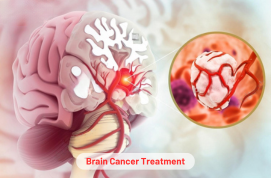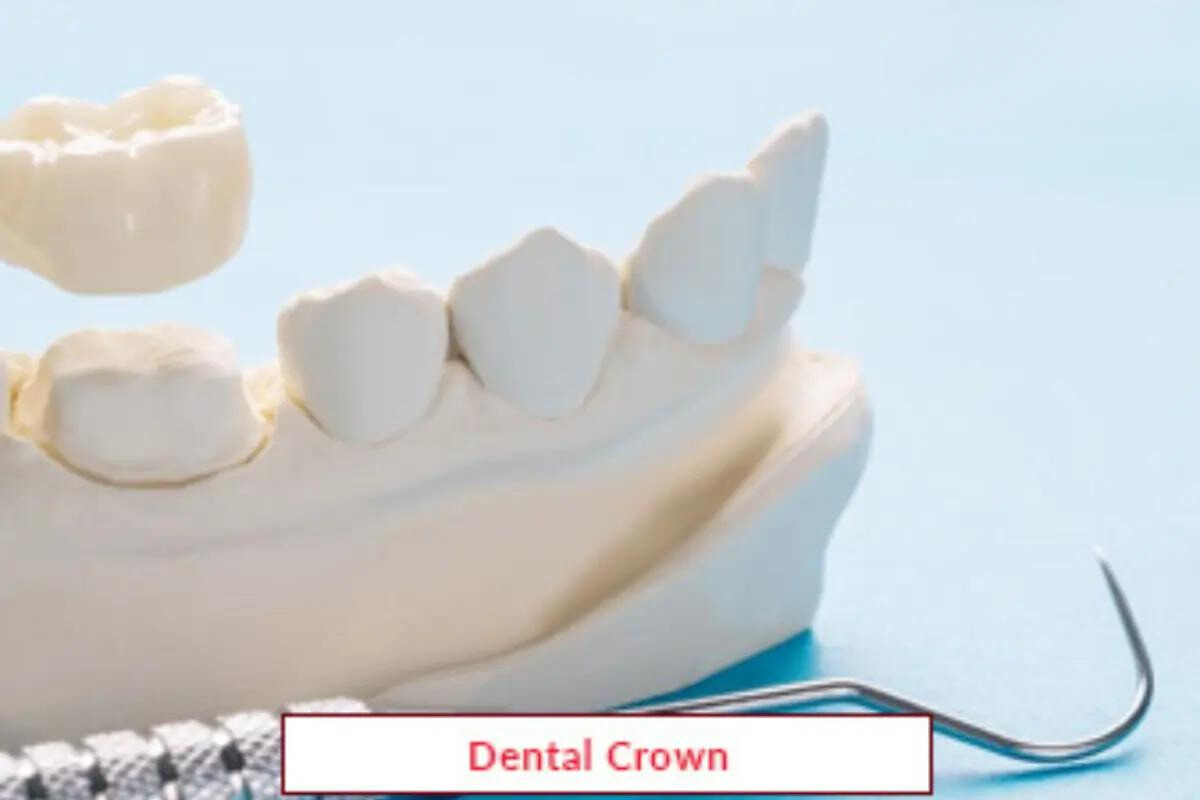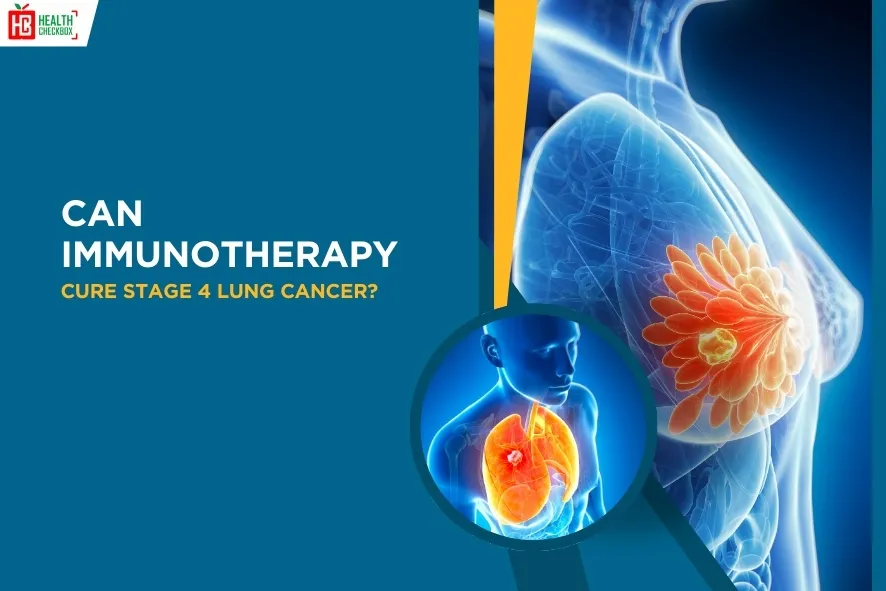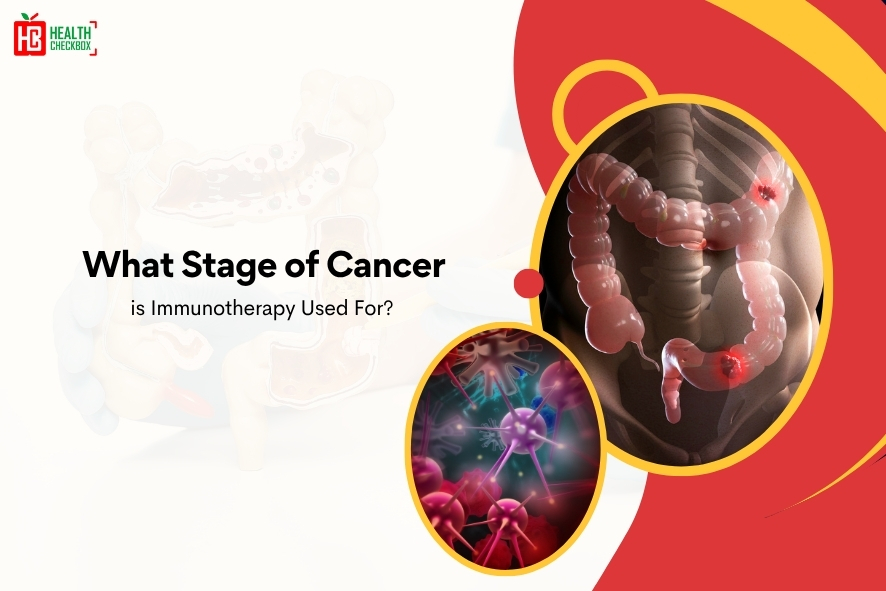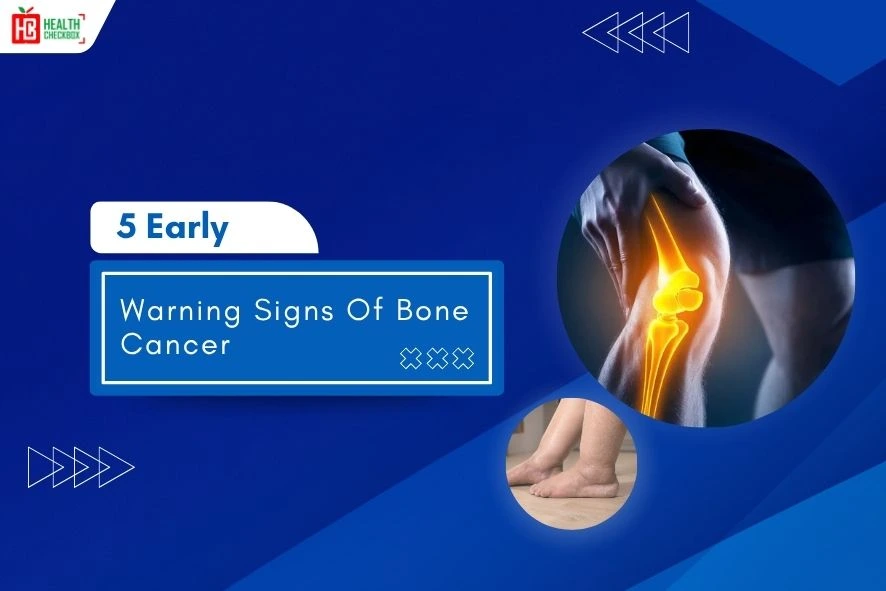Internal medicine is a medical practice that focuses on a particular group of patients, diseases. It is done by diagnosing, preventing, and treating various diseases as well as health-related issues in them. They are specialists who deal with a patient’s entire body rather than a specific organ. These advanced practitioners are called internists or physicians. These doctors treat long-term and complex illnesses through non-surgical processes.
Role of Internal Medicine Specialists
These are trained doctors who recognize and manage to treat various chronic conditions by identifying solutions for diabetes, obesity, hypertension, heart disease, lung disease, and gastrointestinal diseases. They provide care to all ages, these are mentioned below:
- Provide counselling, guidance, and preventive interventions to improve overall health.
- Treat mental health disorders, such as anxiety, abnormal activities in the brain, depression, hormonal imbalances, and other chronic diseases.
- Comprehensive care and palliative care for life-long treatment of chronic conditions.
- Expertise in health conditions that affect the body’s system.
What Medical Conditions can be Treated with Internal Medicines?
It is helpful in treating various health conditions:
- Skin-related issues
- Conditions related to endocrine system
- Heart tissues
- Allergic problems
- Infectious diseases like HIV, tuberculosis
- Women’s related problems
- High blood pressure
- Chronic kidney-related disease
- Men’s health problem
- Neurological conditions such as migraine and headache
- Respiratory and lung issues
- Blood disorder
- Acute conditions like pneumonia, strep throat, flu, etc.
- Urinary tract infection
Internal Medicine Tests
Internal medicine doctors run some types of tests to manage specific health conditions. These are mentioned below:
- By inserting a tube into the windpipe through the mouth or nose.
- Intravenous catheter is inserted in the hand.
- By inserting a nasogastric tube from the nose into the stomach.
- By placing catheters through urethra to drain urine.
- Blood test by venipuncture.
- To get image of the rectum as well as parts of the large intestine through flexible sigmoidoscopy.
Procedure of Internal Medicine
There are some common procedures which are followed by internal medicine doctors, and these are categorized into the following ways:
1. Preventive Care Procedure
It is important because it helps to prevent serious medical problems before converting into a major.
Vaccination for Adults
It includes the following vaccines for adults:
- Hepatitis A & B
- Shingles vaccine
- Pertussis vaccine
- HPV
- Flu shorts
Health Screening
It consists of the following screenings:
- Bone density screening
- Blood pressure
- Cholesterol
- Blood sugar
Wellness Checkups
- Nutritional guidance.
- Counselling regarding to your lifestyle.
- Physical examination once in a year.
2. Diagnostic Procedure
There are some tests that should be run, and these are mentioned below:
Laboratory Tests
- Lipid profile
- Thyroid test
- Complete blood count
- Urinalysis
- Comprehensive metabolic panel
Imaging Tests
- Stress test
- X-rays
- Echocardiograms
- Electrocardiograms
Specific Tests
- Sleep studies
- Pulmonary function tests
- Allergy test
3. Therapeutic Procedures
There are some methods and techniques to treat disorders:
Minor Office Procedures
- Collection of pus from any part of the body by draining through abscess.
- Removal of foreign bodies from eyes and skin.
- Simple fracture care.
- Cleaning, preparing, and closing of wound by laceration repair.
- Sample of skin is removed for test.
Therapeutic Injections
- To relax muscle, trigger point injections are used.
- Cortisone shot to gets relief from joint pain.
- Immunotherapy shots for allergies.
Chronic Disease Management
- Monitoring blood pressure and adjusting medicines.
- Educate patients on inhaler use for asthma.
- Manage diabetes by administering insulin.
Latest Health Tips
Can Immunotherapy Cure Stage 4 Lung Cancer?
Early Signs of Cervical Cancer
Foods that Kill Cancer: Leafy Vegetables, Grains, & More
What Stage of Cancer is Immunotherapy Used For?
Which is Worse for Cancer, Sugar or Alcohol?
Vaccines That Prevent Cancer
What Kills Cancer Cells in the Body Naturally?
Early Warning Signs of Bone Cancer
Submit Your Enquiry
Testimonials









